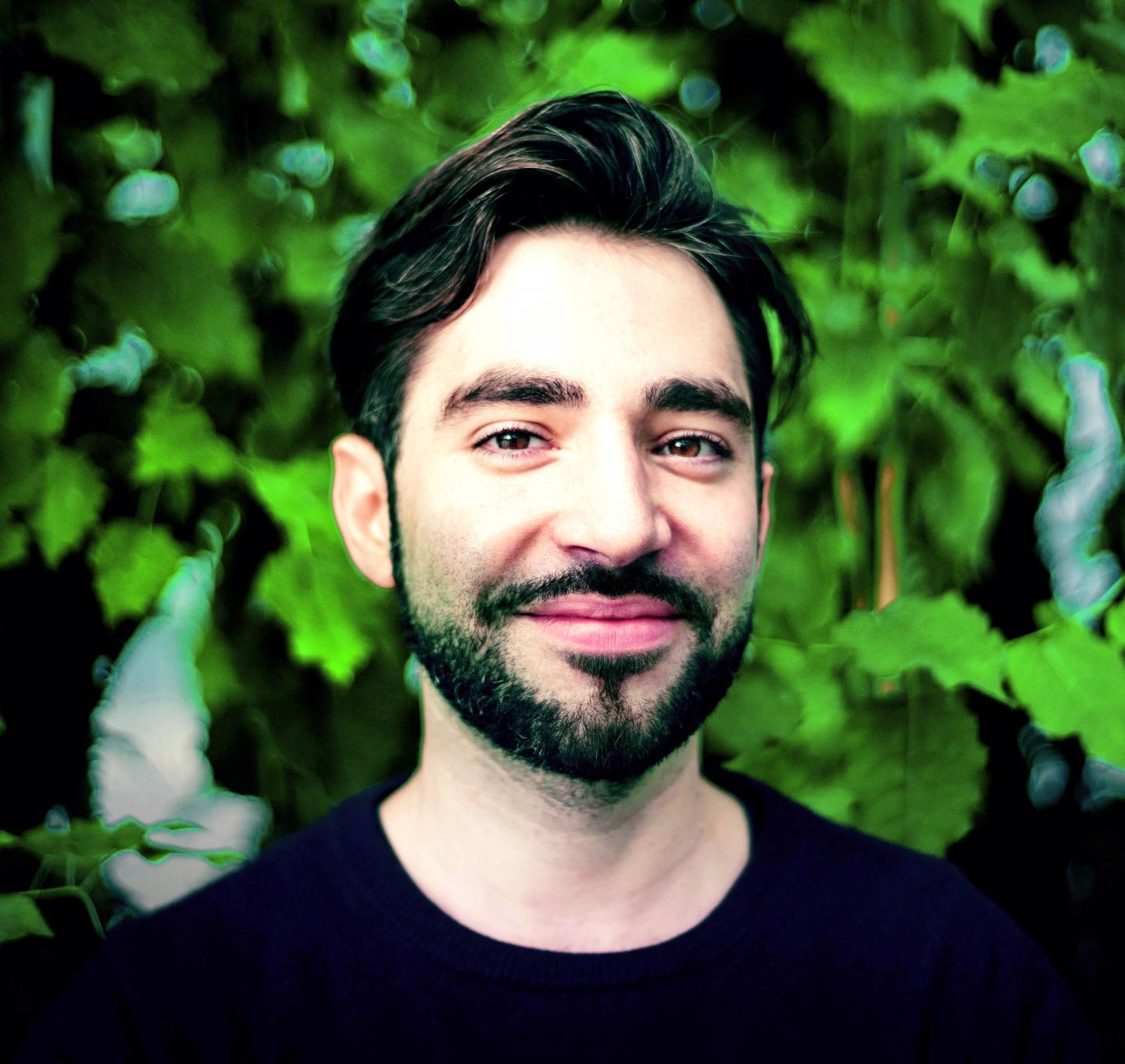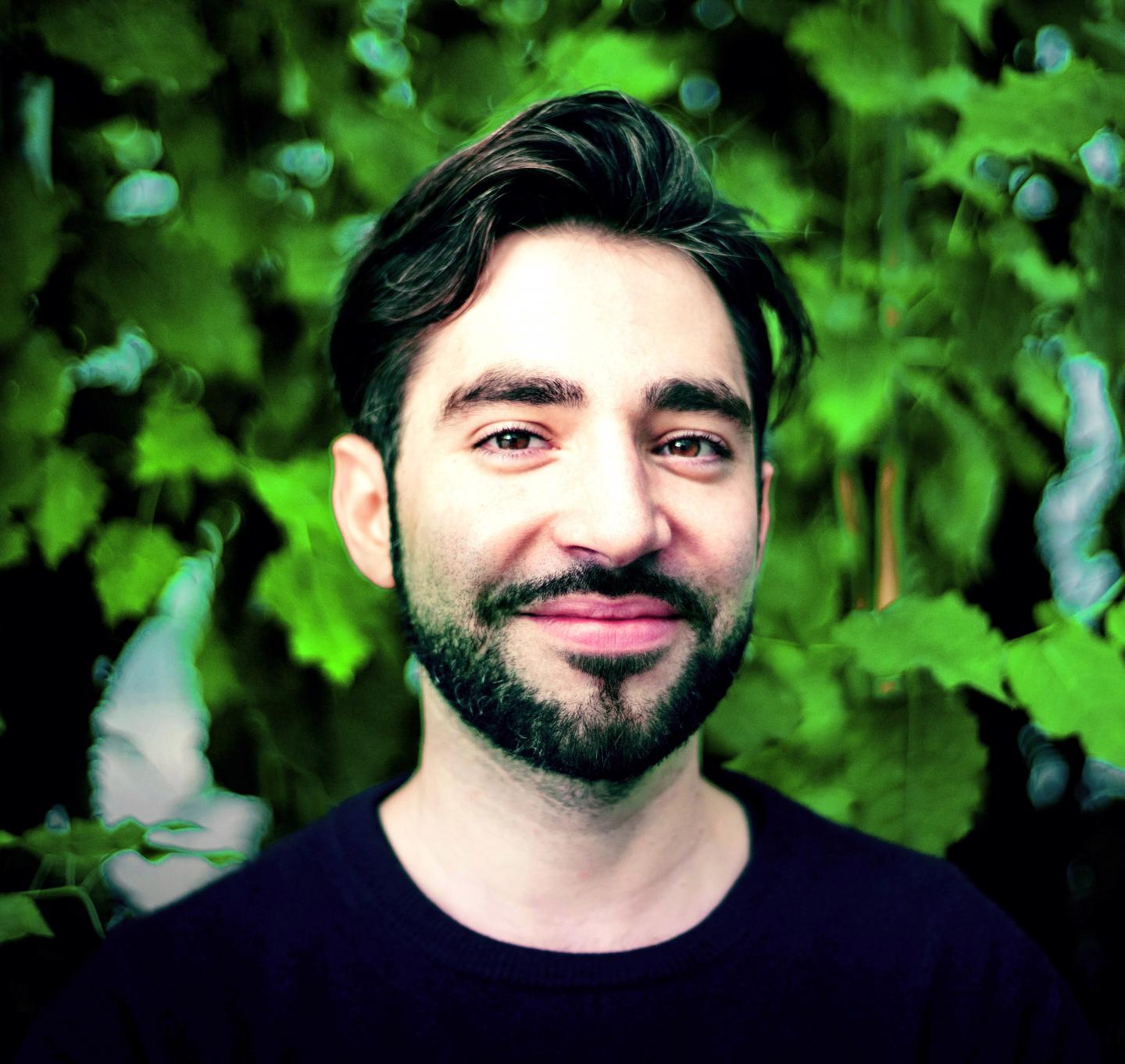
Credit: Karen Kloth
All living organisms harbour complex chemical networks inside their cells. The sum of all these chemical reactions is the driving force of life and is called metabolism. In his thesis work, Stefano Papazian at Umeå University in Sweden, studies how plants adapt their metabolic networks to respond to different environmental stresses.
"Plants are masters of metabolism, which they can re-shape and adjust according to their different needs" says Stefano Papazian at the Department of Plant Physiology at Umeå University.
In the environment, constant exposure to both living and non-living factors make plants vulnerable to a variety of threats. As plants cannot escape, they rely on their inner chemistry to confront all sorts of challenging scenarios.
"We can see plants as very sophisticated chemical factories. They are able to produce thousands of different compounds, each one presenting unique biological properties," says Stefano Papazian.
Most of these chemical compounds – called phytochemicals, play an important role inside the plant, for instance in the defence against insects that feed on leaves. Stefano Papazian's research aims to understand how plant chemistry helps them to defend against insect pests, such as butterfly caterpillars and aphids. Different insects cause different damage to the plant. For instance, while some butterfly caterpillars chew on the leaves, aphids feed by piercing through the plant surface and sucking its sap.
"The plant metabolic response is very specific, and it adapts its defence strategy according to the different enemies the plant encounters," says Stefano Papazian.
Plants produce many toxic compounds that can impair and slow down growth of their enemies, but in order to do so they have to balance other central metabolic activities, such as photosynthesis. Stefano Papazian's findings show that, in addition to producing substances to defend against caterpillar and aphid attacks, plants also reconfigure their sugar composition.
In his research, Stefano Papazian also studies how air pollution by ozone affects the plant-insect interaction:
"At an altitude of 50 kilometers in the atmosphere the ozone layer protects us from UV solar radiation, but at ground-level ozone is a toxic air pollutant, which affects both human health and plants".
In his thesis, Stefano Papazian shows how exposure to ozone affects the growth of insects, but also results in changes of the plant metabolism with negative effects on photosynthesis and ability to defend themselves.
"If we combine ecology with the study of plant chemistry and metabolism we can improve our understanding of plant-insect interactions in nature and agriculture. This comprehensive approach can help us to predict the effects of climate change and human impact on these delicate ecosystems," says Stefano Papazian.
###
Stefano Papazian was born and raised in Milano, Italy. He has a Bachelor's degree in Environmental Biotechnology from the University of Milano (Italy) and a Master´s degree in Experimental Plant Biology from Stockholm University. He performed his graduate studies at the Plant Physiology Department of Umeå University within the Umeå Plant Science Centre and in collaboration with the Swedish Metabolomics Centre.
Media Contact
Anna-Lena Lindskog
[email protected]
46-907-865-878
@UmeaUniversity
http://www.umu.se/umu/index_eng.html
############
Story Source: Materials provided by Scienmag





